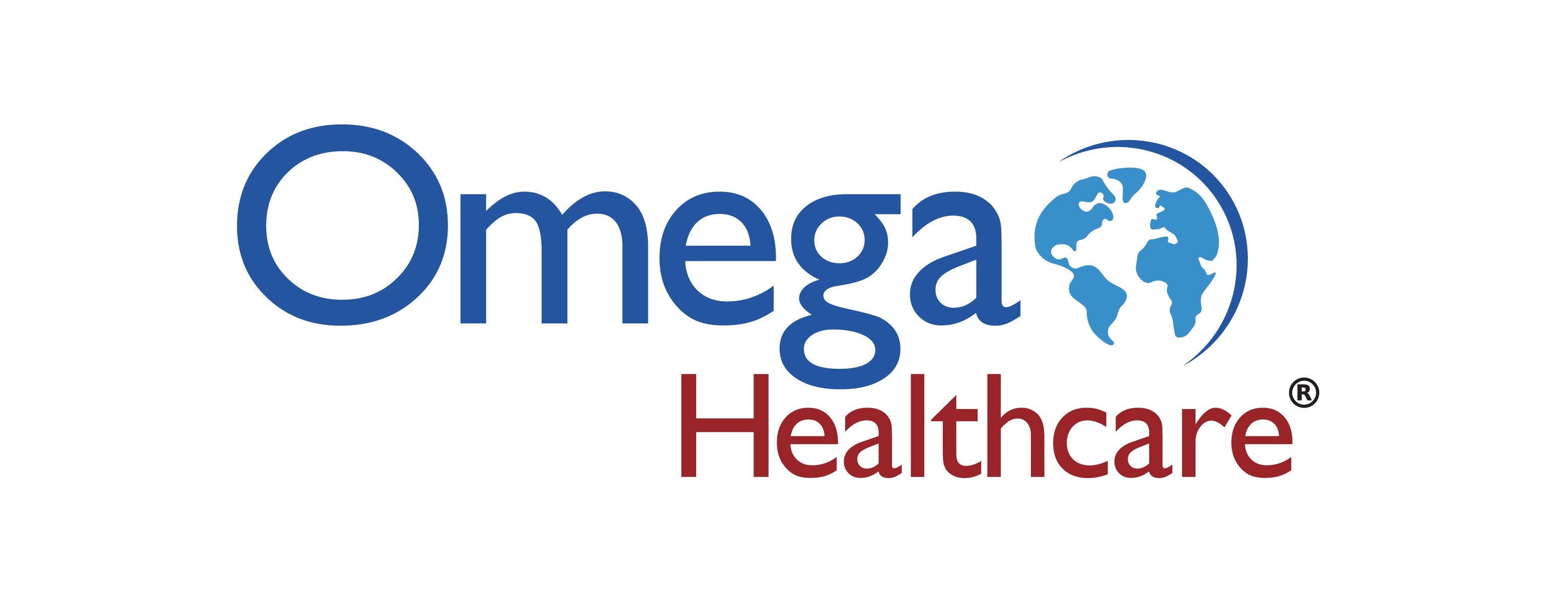Authors:


By Gautam Char, Chief Strategy Officer, Omega Healthcare, and Vijayashree Natarajan, Chief Technology Officer, Omega Healthcare
Healthcare’s financial challenges demand more than incremental change. While many leading healthcare organizations continue to make progress with digital enhancements and upgrades to improve workflows, inefficiencies in revenue cycle management (RCM) continue to erode margins and waste resources. Artificial intelligence [AI, GenAI, Agentic AI] offers a true breakthrough—transforming RCM into an intelligent, adaptive system that drives efficiency, accuracy, and long-term sustainability.
According to recent research from Everest Group, surveying 41 senior executives and RCM leaders, an overwhelming majority (85%) believe AI will improve efficiencies in RCM operations over the next five years. In today's complex healthcare landscape, AI transformation is no longer optional – it has become a strategic imperative for sustainability.
The Persistent Challenges of Modern RCM
Financial leaders face a complex array of both traditional and emerging challenges in revenue cycle operations. The RCM landscape has become increasingly difficult to navigate, with pressures mounting from multiple directions simultaneously.
Billing complexities rank as the foremost challenge according to Everest Group's analysis. The transition to ICD-11's detailed coding requirements creates a perfect storm: rising patient financial responsibility, complex payer-specific rules, and alternative payment models. Limited access to clean clinical data increases coding errors and incorrect billing, leading to higher denial rates and disrupted cash flow.
Staffing shortages represent another critical pain point, with 27% of respondents identifying this as their most pressing challenge. The lack of qualified RCM professionals contributes to billing errors, strained payer relationships, and increased administrative burden on clinical staff. The ripple effects include lower collections, delayed reimbursements, and negative patient experiences across multiple touchpoints.
Denial management challenges rank third in significance. High-cost claims face increasing rejection while many organizations lack analytics-driven insights to address denial reasons proactively. These issues affect patient care when individuals delay treatments due to financial concerns, ultimately impacting quality ratings and incentive payments.
Manual workflows persist in many organizations that haven't begun digital transformation or experienced failed implementation. These fragmented processes result in errors, missed charges, and delayed reimbursements that strain already tight margins.
Data management issues with legacy EHR systems complete the top five challenges. Outdated infrastructure creates inconsistencies throughout the revenue cycle, while poor interoperability complicates data sharing and slows critical workflows.
Emerging challenges further compound these issues. Nearly 73% of RCM leaders cite the absence of real-time claims data as a critical concern, leading to reactive management. Meanwhile, 59% struggle with the transition to value-based care models, and increasing regulatory requirements divert resources from core functions.
AI Solutions Transforming RCM Operations
To address these challenges, AI now plays a strategic role in RCM operations through three key areas:
Advanced Analytics
With healthcare data proliferating across clinical records, financial transactions, and patient engagement metrics, sophisticated analytics have become essential. Nearly 39% of providers already use advanced analytics significantly, with 44% planning heavy investment in the next five years. Priority use cases include predicting claim denials, identifying revenue leakage, and analyzing payer behavior.
Automation
Both rule-based (RPA) and intelligent automation solutions minimize manual intervention in routine tasks. Approximately 34% of healthcare executives already leverage automation significantly, with 41% planning substantial investments. Key priorities include automating claims processing, patient eligibility verification, and denial management.
Platform Solutions
Integrated RCM platforms eliminate data silos and provide real-time analytics. Nearly 24% of respondents plan significant investments in cloud-based platforms, often adopting specific functionalities incrementally rather than complete system overhauls.
The Transformative Power of Gen AI and Agentic AI in RCM
Generative AI and Agentic AI have become major disruptors. The transformative potential spans the entire revenue cycle –– from real-time eligibility verification and claims pattern analysis that enhance denial prevention, to leveraging agentic AI and AI-powered chatbots that streamline patient billing and scheduling interactions.
Research shows 22% of healthcare providers are already testing gen AI solutions in RCM, while 29% are actively exploring use cases. Priority applications include automated medical coding, denial prediction, payment posting, patient financial counseling, and clinical documentation improvement.
Adoption challenges persist, however. Approximately 80% of respondents cite lack of in-house gen AI expertise as a key hurdle, while integration with existing EHR systems and implementation costs create additional barriers.
Strategic Considerations for Providers
Maintaining operational resilience during disruptions requires a comprehensive digital RCM backbone. A strategic approach includes:
Assessing current workflows to identify inefficiencies and digitization opportunities
Aligning RCM objectives with organizational goals, focusing on efficiency, cost reduction, and service quality
Selecting partners with strong integration capabilities and robust security measures
Establishing compliance frameworks that prioritize regulatory requirements and cybersecurity
The Role of Outsourcing in RCM Transformation
Strategic outsourcing plays a vital role in AI-powered RCM transition. Nearly half (49%) of respondents prefer end-to-end outsourcing to a single provider, while 71% seek to expand into strategic partnerships rather than transactional relationships.
Outsourcing provides access to advanced technologies, expertise, and compliance support without significant in-house investment. This allows resource-constrained organizations to remain competitive while focusing on their primary mission—delivering high-quality patient care.
Effective partnerships feature outcome-based models with innovative pricing, combined platform-service approaches, continuous technology investment, access to skilled talent, and well-defined governance frameworks.
The Future of AI-Powered RCM
By 2030, AI/ML investments are expected to become the top priority for RCM leaders, with approximately 66% of respondents considering it a high-priority area. This shift recognizes that AI-driven solutions will be essential to improve financial performance, maintain competitiveness, and enhance patient care.
As patient expectations evolve, dynamic, AI-driven RCM strategies ensure transparent, seamless financial experiences. By embracing these solutions now, healthcare providers can position themselves for long-term success in an increasingly complex environment.
All statistics cited are from the 2025 Everest Group report, supported by Omega Healthcare, titled “Realizing the Promise of Tech-Enabled, AI-Driven Revenue Cycle Management (RCM): Outsourcing in the New Era.”
About the authors
Gautam Char is Chief Strategy Officer and Vijayashree Natarajan is Chief Technology Officer of Omega Healthcare, a leading provider of technology-enabled healthcare solutions. The company works with providers, payers, life science companies, medical device manufacturers, health technology firms, researchers, and industry partners to amplify teams with robust technology, specialty expertise, and operational support. Omega Healthcare serves 350+ healthcare organizations with 35,000 skilled workers in the United States, India, Colombia, and the Philippines.
